I'm running WP website with cache plugin enabled. The site is running slow so I decided to check which element is consuming more time to load. Straight to F12 (chrome web tools) and from there the tab Network. What I see and I don't understand is why some of the files are loading from disk cache and other no. Please see the attached image (column "Size")
So, if you know the answer guys, please share it.
Thank you!
